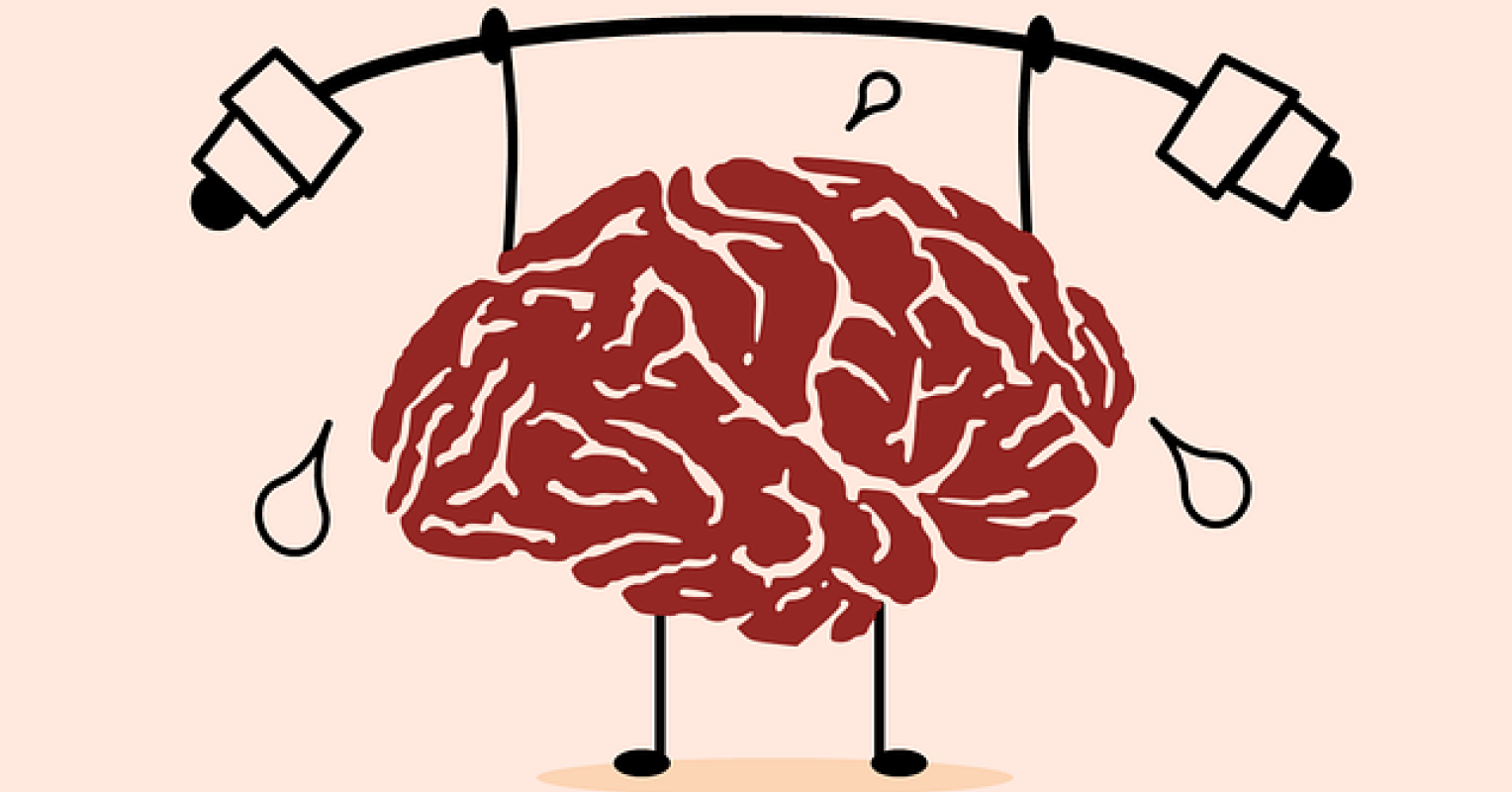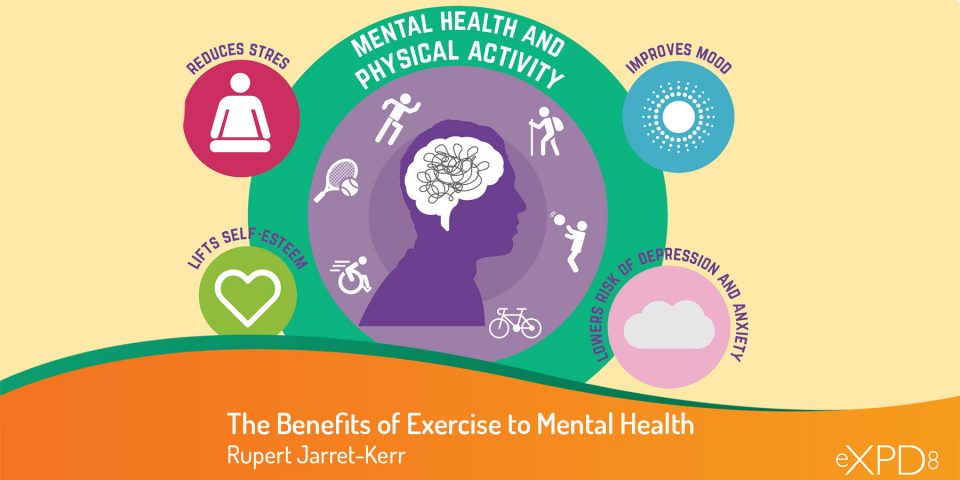Everyone already hears about the physical health benefits of exercise. It helps you lose weight, gain stronger muscles, have a healthier heart, and numerous other positives. However, I rarely hear anyone talk about the mental health benefits of exercise. Aside from the Instagram memes or Tik Toks saying that working out has given people body dysmorphia (which might be a mental health setback of exercise), it is proven to greatly improve people’s minds.
A large portion of society suffers from some form of depression in their life, But studies from Harvard’s School of Public Health show that even just running for 15 minutes a day can not only reduce the risk of depression by 26%, but also hinder the chances of a relapse. Because of these benefits, exercise is sometimes prescribed as a “medication” to treat mild depression. Although it may sound unorthodox, this “medication” makes sense because when exercising, neural growth is supported, activity patterns supporting calm emotions develop, and endorphins are released, promoting energy and happiness (helpguide.org). While some forms of depression certainly require medication, if the natural endorphin releases and the positives of exercise can be utilized as an alternative medication for milder cases, people can save money and cut out the negative side effects of depression medication.
Yet the benefits of exercise to mental health do not lie solely with depression. In fact, working out can ease symptoms of anxiety, stress, ADHD, and even PTSD. Even for people without mental health issues, exercise can boost memory, energy, productivity, self-esteem, and improve sleep.
While I do not have any mental health issues, I constantly utilize exercise to help with daily struggles. I find that whenever I feel unmotivated to do work (typically following a massive buffet dinner), I can go to the gym. Instead of taking a nap and feeling residual drowsiness for an hour after, the exercise gives me energy and makes my work afterward far more productive. On top of that, once I finish my work, I can fall asleep and stay asleep in moments, promoting a healthy sleep schedule.
However, its greatest benefit is that exercise allows me to clear my head of any overwhelming situation. To give a little background, my oldest brother suffered from epilepsy. While I eventually got used to the situation and learned how to handle it, the stresses associated with watching him collapse into a seizure caused a constant anxiousness for when his next one might happen. Yet, I began to notice that whenever I exercised, that feeling would go away for a couple of hours, and even stay dormant for hours after my workout was finished.
While my situation is not nearly as intense as other people’s, it shows that there is a large link between exercise and mental health, giving yet another reason for those who are undecided to give the gym a try.


